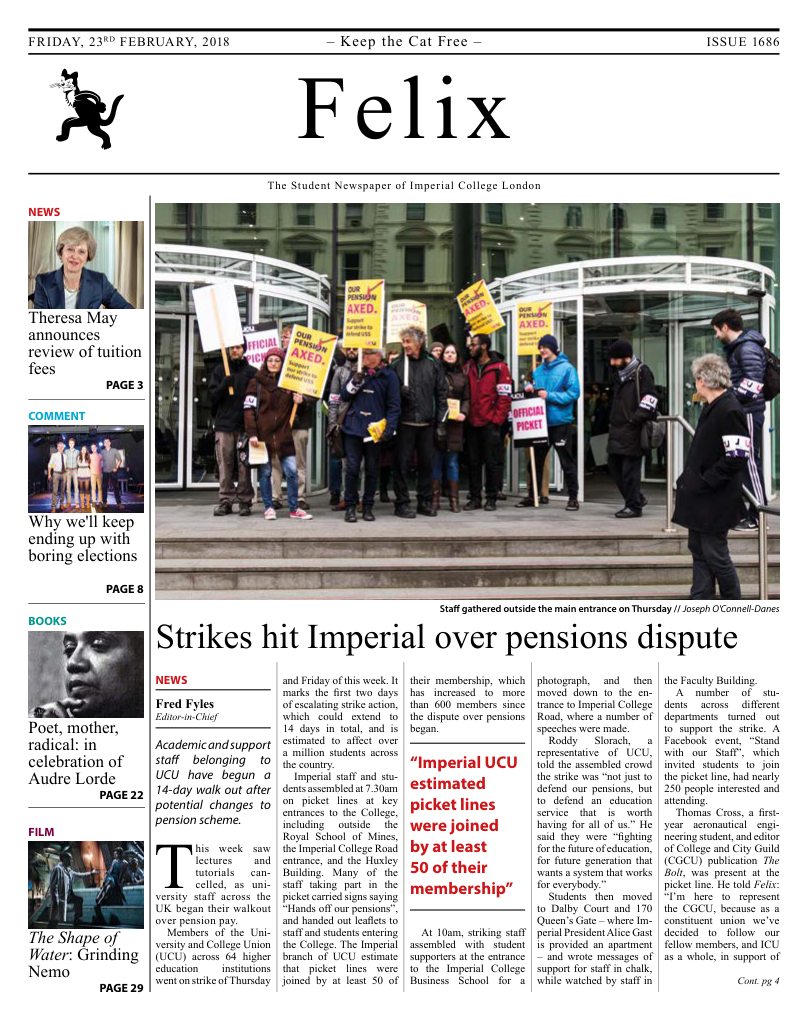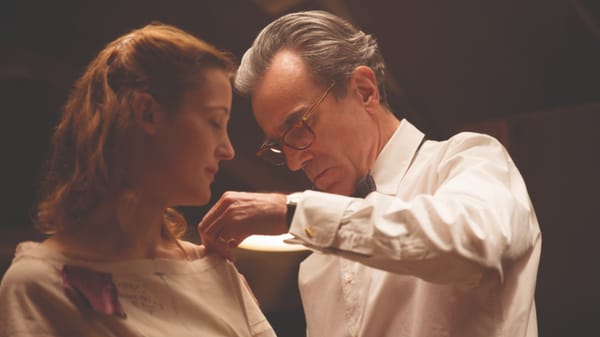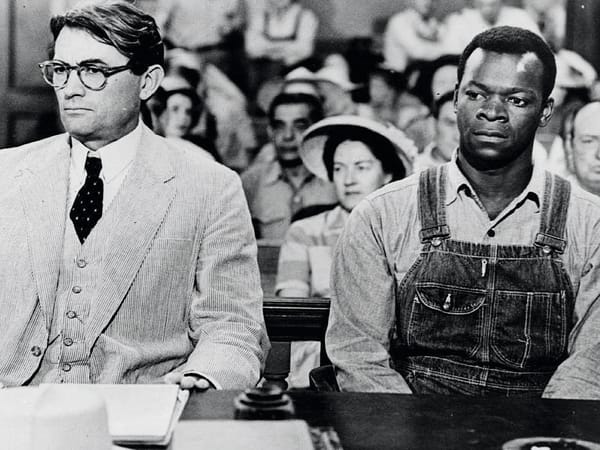Black Panther: Ryan Coogler breaks the mould of a superhero film
Arriving in the UK with a wave of hype, will Black Panther live up to expectations? Well the newest addition to the Marvel Cinematic Universe has this writer ready to switch passports.

Arguably the most anticipated film of 2018 arrived last week. Black Panther, the latest addition to the Marvel Cinematic Universe canon, and directed by Ryan Coogler, was released in cinemas worldwide this February.
Black Panther is set in the fictional country of Wakanda, a technologically advanced nation in Sub-Saharan Africa which has separated itself from the rest of the world as a means to protect its immense resources of ‘vibranium’, a fictitious element which has featured many times in the Marvel mythos.
The film follows T’Challa (Chadwick Boseman), who, upon the death of his father the king, returns to take up the mantle of the Black Panther, protector of the realm. His authority and right to the throne, however, is challenged by Erik Killmonger (Michael B. Jordan), an American-born usurper who seeks to bring Wakanda out of its isolationist ways and share its technology with oppressed (read: black) people across the globe.
A surface critique of the film is that it follows the formulaic pattern which has given Marvel films the large box office returns they so often command – action, comedy, and a dash of romance to boot (because why not). However, such a rudimentary analysis of the film fails to capture its more nuanced facets.
The film touches on interesting points regarding morality, good and evil: by removing colonialism and systemic injustices from the equation, the existence of Wakanda allows for the presence of black people on screen without the burden of a plotline which includes racial injustice or oppression. It shows a culture of people untainted and free to evolve – the vision of an Africa in which advancement is not separate from tradition or culture; a societal framework free from European influences.
“Black Panther shows a societal framework free from European influences”
Furthermore, it is arguably the women who drive the plot: from Okoye (Danai Gurira) the head of the Dora Milaje (the all-female palace guard), to Nakia (Lupita N’yongo), covert Wakandan agent and T’Challa’s love interest; not to mention Ramonda (Angela Bassett) the Queen Mother or Princess Shuri (Letitia Wright), arguably the most brilliant mind in the country. The emphasis of black womanhood is clear, but very noticeably without the ‘strong independent black woman who don’t need no man’ trope – these are all women whose actions speak for them; fully realised in their humanity, something that is often only afforded to white male characters.
Of course, at its core, Black Panther is a superhero film. And it squarely ticks that box – the action sequences are breath-taking (I’m told even better in 3D), and the fight scenes are nothing short of bad-ass. But the beauty of the film comes in its setting – for once in a superhero film the setting isn’t New York City or a Western metropolis. It’s a distinctly African country: the architecture, the fashion, the soundtrack are all deliberately tailored to portray a rich and vibrant culture.
One thing that has certainly mis-attributed to Black Panther is that it is the first film to feature a black superhero (see: Blade, Hancock), however that in no way diminishes its cultural importance: for many people, this film is the first opportunity to see Africa and African culture as something to be celebrated, particularly in light of comments from President Trump referring to such countries as “shitholes”. Black Panther has provided an opportunity to change perceptions of Africa, as evidenced by the hundreds of people showing up to screenings in traditional African garb (myself included).
But it’s also a story of a longing for something unattainable. Part of the plot’s undertone is the complex relationship of African-Americans with their distant heritage; simultaneously one of yearning and of antipathy. Through this, the ‘good-evil’ narrative so native to the superhero genre is subverted in the conflict between T’Challa and Killmonger – at times, it is difficult to side with either.
If this is not convincing, its performance at the box office so far speaks for itself: in the four-day period since opening it earned $427 million worldwide, surpassing the returns from Justice League’s entire run in theatres. If nothing, this is proof that black stories do in fact, sell – something which Hollywood will do well to remember.
The real triumph of Black Panther is its success in highlighting that black culture is not in any way monolithic. In a universe in which Norse gods, alien empires, and primordial mystic beings are freely explored, it is a refreshing reminder of the wealth of story-telling that can be gleaned from the vast repository of existing cultures here on Earth.
4.5 Stars
Dir: Ryan Coogler. Script: Ryan Coogler, Joe Robert Cole. Starring: Chadwick Boseman, Michael B. Jordan, Lupita Nyong’o, Danai Gurira. 134 minutes









